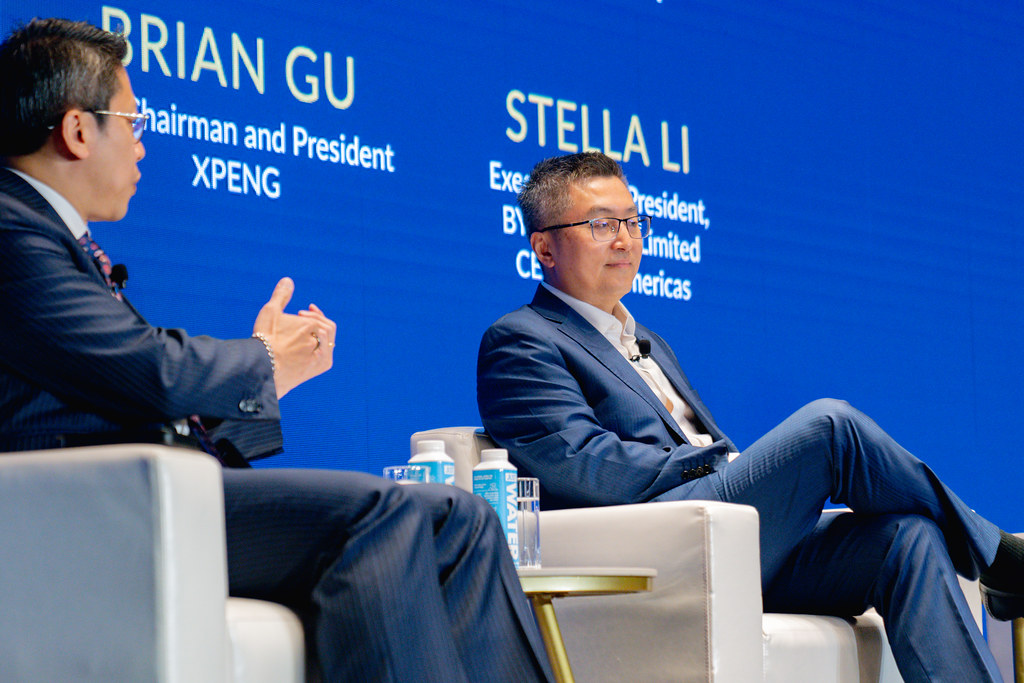
Xpeng remains committed to its long-term strategy in Europe despite the pressures from newly imposed tariffs by the European Union, according to Brian Gu, vice chairman and co-president of Xpeng. Speaking at the Paris Motor Show, Gu acknowledged that the increased tariffs have placed “a lot of pressure” on the company’s business model, but emphasized the firm’s long-term focus on the European market.
The EU’s decision to raise tariffs on Chinese electric vehicle (EV) imports has led Xpeng to reevaluate key areas of its strategy, including product offerings, pricing, and overall business approach. While Gu did not confirm whether the costs would be passed to consumers, he mentioned that Xpeng is actively exploring ways to remain competitive in Europe despite the economic headwinds.
Gu also indicated that Xpeng has long-term plans to localize its manufacturing operations in Europe, asserting that establishing a local presence aligns with the company’s strategic goals. He clarified that this move is driven by the company’s vision for the future, rather than a reaction to the recent tariff developments.
The European Union’s decision to impose higher duties on Chinese EVs stems from concerns over unfair subsidies and economic threats posed to European producers. The tariffs, first announced in June and revised in September, are part of the EU’s broader approach to address these concerns. Individual companies face varying tariff levels based on their cooperation with the EU’s investigation, with Tesla, for example, seeing its tariff rate reduced from 20.8% to 7.8% after a revision.
Xpeng’s reaction to the tariff hike has been more measured compared to some of its peers. Stella Li, executive vice president of BYD, criticized the EU’s calculations, calling the tariffs unfair and urging politicians to avoid inflating manufacturing costs. Similarly, William Li, CEO of Nio, described the duties as “unreasonable” during a recent earnings call.
Internationally, concerns over China’s influence in the EV market extend beyond Europe. In the U.S., the Biden administration introduced a 100% tariff on Chinese-made EVs earlier this year, citing fears that China’s overproduction of low-cost clean energy vehicles could distort the global market. Meanwhile, China’s Chamber of Commerce to the EU has voiced strong opposition to the bloc’s protectionist trade policies, expressing disappointment with the EU’s stance.
Featured Image courtesy of Flickr
Follow us for more updates on the ongoing tariffs.
